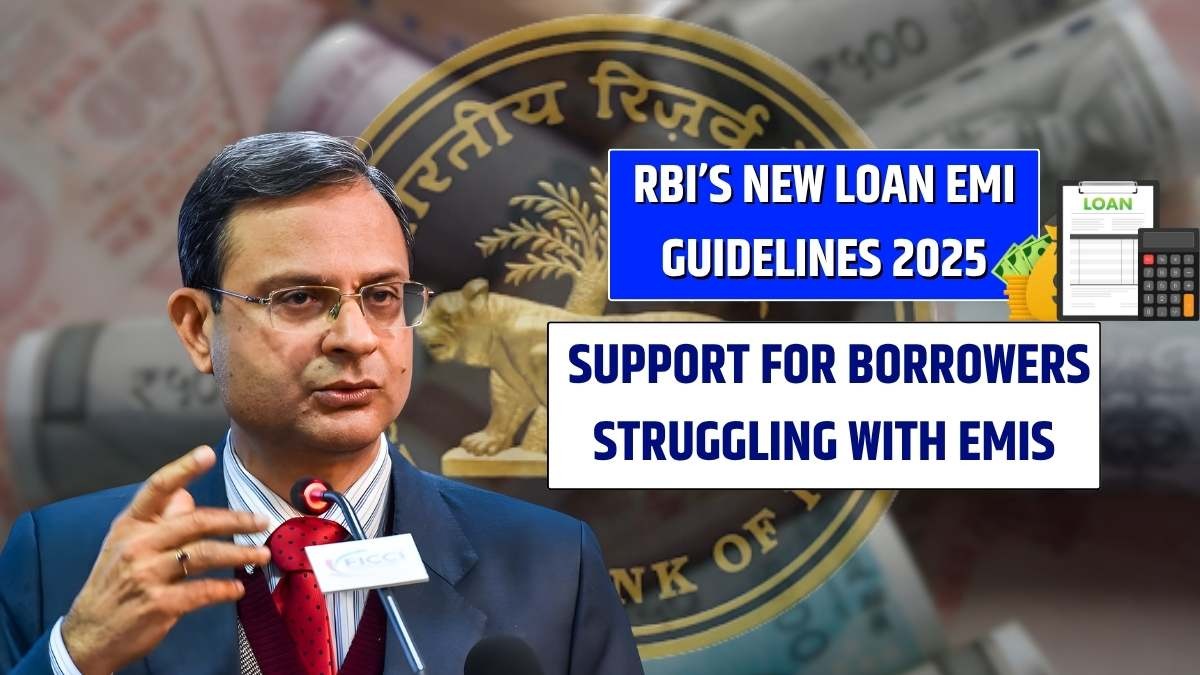The Reserve Bank Of India Has Issued New Guidelines To Support Financially Stressed Borrowers. Effective From April 2025, Banks And NBFCs Must Seek Borrower Consent Before Changing Loan Tenure Or EMI Amounts. Penal Interest On Overdue EMIs Has Been Abolished, Making Repayment More Transparent And Fair.
A major shift in loan repayment norms
The Reserve Bank of India (RBI) has introduced revised guidelines aimed at protecting borrowers from arbitrary changes in loan repayment terms. These changes, effective April 1, 2025, are part of RBI’s broader push to enhance transparency and fairness in the financial system. Borrowers will now have more control over their Equated Monthly Instalments (EMIs), especially during financially challenging times.
Previously, many borrowers faced sudden hikes in EMI amounts or automatic extensions in loan tenure without prior notice. The new rules mandate that lenders must obtain explicit consent from borrowers before making such changes.
Penal interest abolished for overdue EMIs
In a significant move, RBI has also scrapped penal interest charges on overdue EMIs. This change, effective from June 15, 2025, is expected to ease the financial burden on borrowers already under stress. Instead of penal interest, lenders may charge a reasonable late fee, which must be disclosed upfront.
Key highlights:
- Borrower approval is now mandatory for any changes in loan tenure or EMI amounts
- Penal interest on overdue EMIs has been abolished from June 15, 2025
- Lenders must clearly communicate repayment terms and late fees
- Guidelines apply to banks, NBFCs, housing finance companies, and cooperative banks
- Aimed at improving borrower protection and reducing financial stress
What this means for borrowers
These reforms are especially beneficial for individuals facing income disruptions or unexpected expenses. By eliminating hidden charges and enforcing borrower consent, RBI is ensuring that loan repayment remains predictable and manageable. Financial experts believe this will improve trust between lenders and borrowers and reduce defaults.
Borrowers are advised to review their loan agreements and stay informed about any proposed changes. If a lender attempts to modify repayment terms without consent, the borrower has the right to raise a grievance with the institution or escalate it to RBI.
Sources: Reserve Bank of India, Compliance Calendar, Artyz.in




